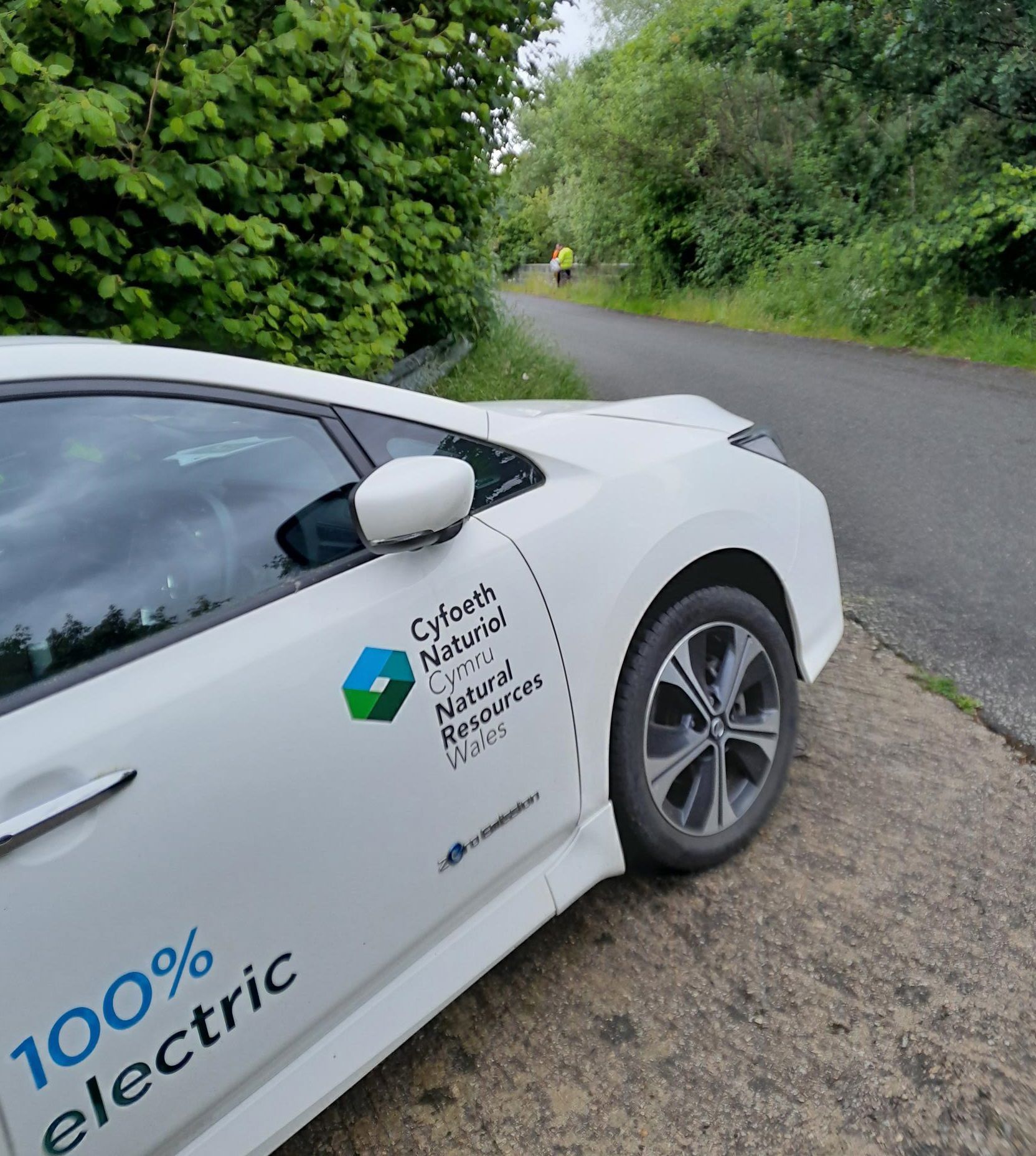Natural Resources Wales shifts response to low-level pollution

Bob Edwards, Natural Resources Wales
July marks the start of an important change in the way we respond to low level pollution incidents – a shift designed to help us prioritise our resources where they are needed most and ensure that our interventions can make the greatest possible impact.
With the growing pressures from climate change, biodiversity loss and pollution, the number of incidents reported to us continues to rise. Like every public body, we face the challenge of meeting increasing demand with finite resources. That means we need to focus our efforts where they can make the biggest difference.
Our Corporate Plan to 2030 makes a clear commitment: to minimise pollution and make sure that both our preventative and responsive actions protect the environment and public health. A key part of meeting that commitment is by improving how we assess and respond to environmental incidents.
Risk
We know how much these incidents matter — to the public, to our partners, and to us. That’s why we will always prioritise those that pose the greatest risk to people and nature. When significant incidents happen, our officers will respond quickly to reduce the risk of harm.
Yet the reality is that around 95% of the incidents we attend result in little or no environmental harm. Yet they still take up a large share of our time — time that could be spent on prevention and compliance work that helps stop pollution at its source.
From 1 July, we are shifting to a more risk-based approach to incident response. This means that some lower-risk pollution incidents may not receive an immediate response or need direct intervention. Instead, we’ll address them through our ongoing regulatory, enforcement, or prevention work — always guided by data, intelligence, and environmental risk.
We have been actively communicating this change with key stakeholders and Welsh Government, and we have the full backing of the Executive Team and Board.
We very much appreciate the incident reports we receive. They are critical in enabling us to identify and address the environmental impacts, regulatory breaches and criminal activity, and provide valuable intelligence to support our enforcement work.
Workloads
In line with similar organisations across the UK, we have already taken steps to reduce workloads by removing the requirement to provide individual feedback to incident reporters, releasing valuable time for our officers to focus more on the important work we do to prevent incidents from happening in the first place.
We understand these changes may raise questions, especially for those who engage regularly with communities and partners, In some situations ,we may still contact those people who report incidents if we need further details.
But by rebalancing our time, we can strengthen our work to prevent pollution from happening in the first place. That means more support for responsible business, better land and water management, healthier ecosystems, and greater protection for people and places.
This new approach is about making sure we’re using our expertise and resources in the most effective way — to achieve the best possible outcomes for Wales’ environment, and for the communities we serve.
We want to encourage people to continue to report incidents to us. These reports are critical in enabling us to identify and address the impacts of environmental incidents, regulatory breaches and criminal activity, and provide valuable intelligence to support our enforcement work. People can report environmental incidents to us 24 hours a day, seven days a week by reporting it online.
People can also call our incident reporting number on 0300 065 3000.
Support our Nation today
For the price of a cup of coffee a month you can help us create an independent, not-for-profit, national news service for the people of Wales, by the people of Wales.





Unfortunately like every public service, employees numbers keep getting cut. The risk is that even low level pollution events left unhindered can result in a catastrophe because of a toxic chemical entering the food chain.
This was a policy introduced by the Environment Agency when it was responsible for pollution regulation in Wales. Why has NRW officers been asleep at the. wheel for over a decade?
Nothing new under the sun, I say to myself
NRW is another policy failure by Welsh Government. Mixing commercial, boffins and regulators (Forestry Commission, Countryside Council and Environment Agency respectively) was never going to work. All compounded by bogus rhetoric on the “nature emergency” whilst cutting funding.